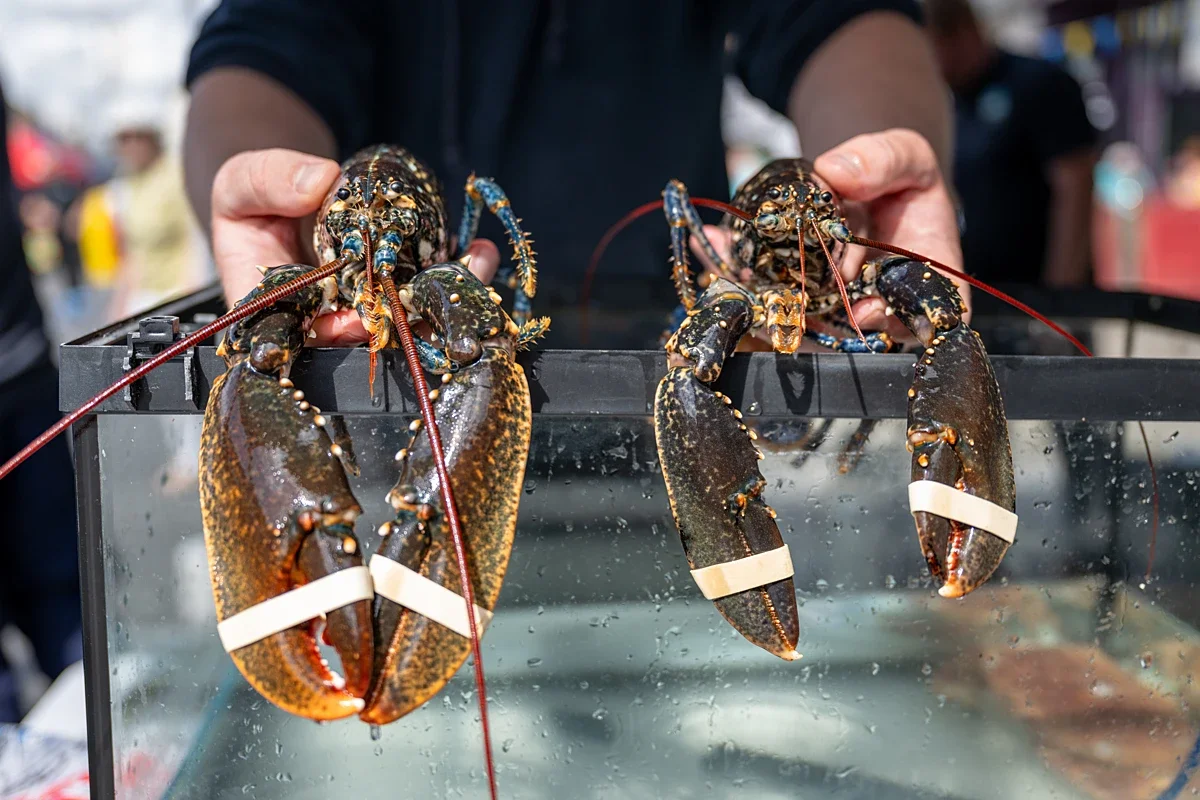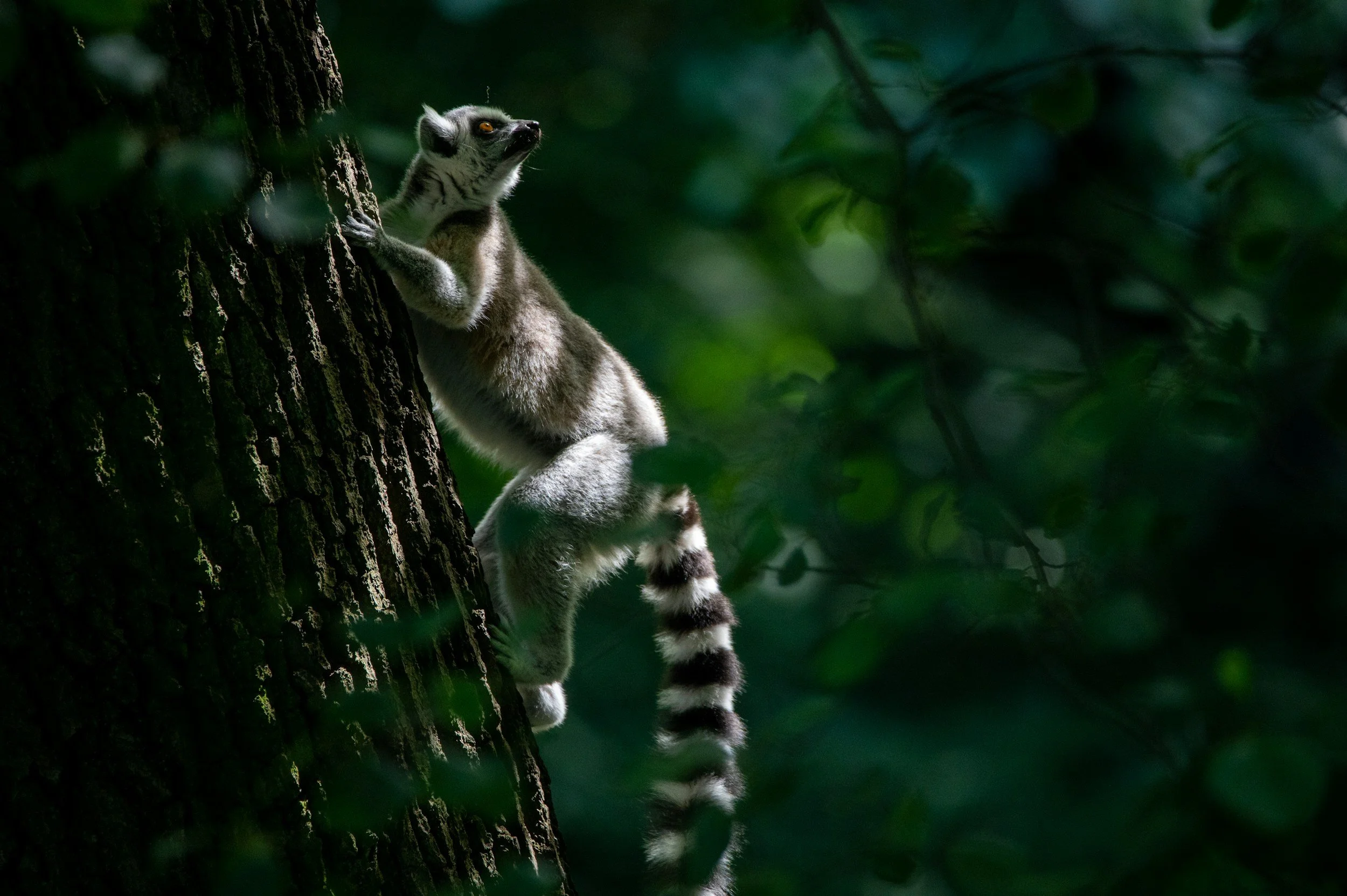Petition Update: Illegal Donkey Skin Trade Being Fuelled by Facebook, Says Report
Millions of donkeys are slaughtered for the ejiao industry every year, with traders using online marketplaces and social media platforms to sell the skins alongside illegal wildlife products.
A donkey awaits slaughter
An estimated 4.8 million donkeys are slaughtered for their skins every year to meet the demand for ejiao, a gelatin-based ingredient used in traditional Chinese medicine.
The trade has resulted in a steep decline in donkey populations over the last few years leading countries, such as Ghana, Benin, and Nigeria, to prohibit the slaughter of donkeys and/or the export of their skins.
Now, a shocking new report has revealed the extent of the illegal donkey skin trade, which is rife across online trading platforms despite country-wide efforts to crack down on the slaughter.
The report, The Global Trade in Donkey Skins: a Ticking Time Bomb, by animal advocacy charity The Donkey Sanctuary, warns that social media networks, including Facebook, Twitter, Instagram, and YouTube, are facilitating the illegal donkey trade, with traders in countries where the sale of donkey skin is banned openly disregarding the law and moving from platform to platform to avoid being caught.
It notes that many sellers even acknowledge the illegality of the sales in their advertising and communications with potential buyers, outlining exactly how they avoid punishment. Algorithms used by social media companies also made it easy for buyers to find sellers, according to the report.
In addition, evidence shows that donkey skin trading is deeply associated with illegal wildlife trafficking, with endangered animal goods like rhino horns, pangolin scales, seahorses, and different animal hides trafficked alongside donkey skins. Of 382 traders identified on business-to-business e-commerce sites selling donkey hides, 20 percent of those traders were also advertising other wildlife products.
Source: The Global Trade in Donkey Skins: a Ticking Time Bomb
The charity is calling on online trading platforms to take urgent global action to stop the slaughter and end the illegal donkey skin trade.
“By cracking down on the sale of donkey skins on their platforms, e-commerce and social media sites will not only prevent considerable cruelty to donkeys but also help eliminate the other criminal activity that is taking place alongside it and support thousands of families who rely on their donkeys to survive,” states the report.
Social media giants have repeatedly attracted attention for failing to combat illegal wildlife transactions on their platforms. Just recently, Facebook came under fire for facilitating the advertisement of hundreds of cheetah cubs.
And while many of these online market platforms have joined the Global Coalition to End Wildlife Trafficking Online, the majority have drastically failed to meet the coalition’s target of reducing wildlife trafficking by 80 percent.
“Online trading platforms have a greater role to play in detecting and addressing illegal activity occurring on their sites,” says the report. “Until they do, the donkey skin trade will continue to act as a Trojan horse for the sale and shipping of wildlife products.
“Far more can and needs to be done to stop the international trade in donkey skins, and to penalize those that operate outside of the law. But while the trade remains legal in some countries and illegal in others, there will always be traders that exploit inherent enforcement challenges, to the detriment of donkeys.”
The suffering behind the donkey skin trade
Investigations have uncovered rampant abuse surrounding the donkey skin industry. The animals are transported to slaughterhouses in cramped vehicles with no food or water. Many are sick or injured, and pregnant jennies often abort their fetuses during the grueling trip to the slaughterhouse. Those who do not starve or succumb to dehydration during the journey are violently killed.
A People for the Ethical Treatment of Animals (PETA) Asia investigation revealed that donkeys in China “are bashed in the head with a sledgehammer and their throats slit”. Meanwhile, in Kenya, undercover footage showed donkeys being violently beaten - with virtually no regulations in place to protect the country’s animals on farms or in slaughterhouses.
The demand for donkey skins has also led to a rise in donkey thefts. This proves a huge problem for farmers who rely on donkeys for transport, domestic work, and milk.
Source: The Global Trade in Donkey Skins: a Ticking Time Bomb
Taking action
The Donkey Sanctuary’s report also has recommendations for national governments, global shipping agents, and the ejiao industry itself, including a global suspension on the import and export of donkey skins. The charity is continuing to advocate for these proposals while campaigning for online platforms to crack down on the illegal trade.
Species Unite has been working to shine a light on and rally strong opposition against the donkey skin trade through our hard-hitting petitions and content - the more global attention this issue gets, the more chance we have of ending the trade for good.
As well as PETA, we have been calling for the Kenyan government to reinstate its ban on the slaughter of donkeys. The country announced the ban in 2020, but this was overturned just a few months later. You can add your name to the petition here.
Is cellular agriculture the solution?
At Species Unite, we’ve long championed cellular agriculture, which produces real animal products from cell cultures rather than the animals themselves, as a major solution to producing meat, eggs, and dairy without the slaughter or animal suffering. Now, this technology could also have a role to play in eliminating the demand for donkey skins.
By growing donkey-derived collagen in laboratories, the need to slaughter donkeys for their skins can be eliminated, while consumers can continue to purchase ejiao.
Learn more about this with The Donkey Sanctuary’s report, Cellular Agriculture: The Case For Transition Towards a Humane, Sustainable and Safe Future.
We Have A Favor To Ask…
Species Unite amplifies well-researched solutions to some of the most abusive animal industries operating today.
At this crucial moment, with worldwide momentum for change building, it’s vital we share these animal-free solutions with the world - and we need your help.
We’re a nonprofit, and so to keep sharing these solutions, we’re relying on you - with your support, we can continue our essential work in growing a powerful community of animal advocates this year.
More stories:
Species Unite
A collection of stories of those who fight the good fight on behalf of animals.







First published in 2015, How Not to Die has become one of the most influential books on plant-based nutrition. Now, its central arguments have been adapted into a documentary film examining the links between diet and long-term health outcomes.